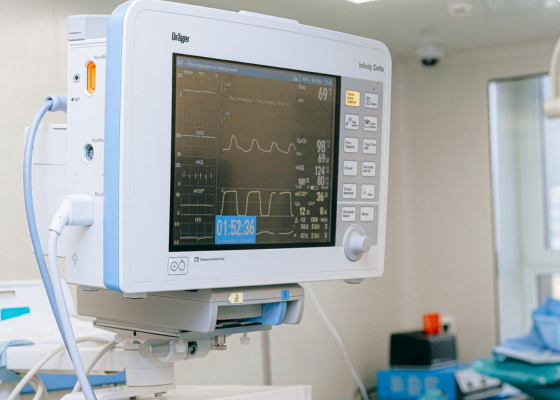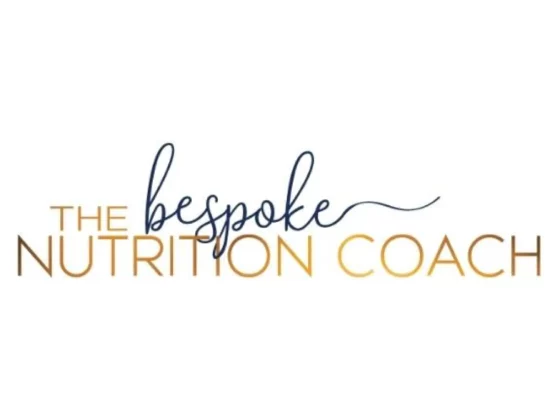Barts Health NHS Trust
Barts Health NHS Trust
How we help paediatric dieticians at Barts Health NHS Trust create bespoke controlled diets for children with special needs and to balance the low energy/high protein requirements of children with reduced mobility.

Barts Health NHS Trust
Customer background
For almost five years, Joanna Berry has worked as a specialist paediatric dietitian at Whipps Cross University Hospital, part of Barts Health NHS Trust in London.
A day in the life of a paediatric dietician
As a paediatric dietitian, Joanna has her hands full looking after community tube-fed and complex orally-fed children, a general ward and the hospital’s neonatal unit. When she’s not attending to her patients, Joanna keeps up to date with the latest research and dietary trends by attending study days, researching journal articles and through peer supervision.
Some of the challenges that Joanna faces in her day to day work include developing blended diets for tube fed children, creating calorie controlled diets for children with special needs and balancing the low energy/high protein requirements of children with reduced mobility. Previously, Joanna would have worked out the specialised diet plans by hand, a task that was extremely time consuming. This led her to look for a solution to automate this process.
The search for a solution
Joanna turned to technology for a solution. She began a search for nutrition analysis software and her requirements were more than reasonable — she wanted easy to use software that provided reliable information and presentable reports. Having tried and tested a few different software solutions, Joanna eventually came across Nutritics online and decided to put it to the test.
As Nutritics is a cloud-based software and can be accessed anywhere at any time, Joanna found it easily integrated into her daily routine. She commended the customer service team for helping her when she was first getting started: “It’s great to know that I can send an email and I will get a useful reply in a timely way.”
Using visual aids for better patient education
Joanna mostly uses Nutritics to analyse the completeness of tube feeds and food diaries and to create blended diet recipes. Commenting on the most beneficial aspect of Nutritics to her work, Joanna stated:
“The reporting. It’s great to be able to add more detail where you want and hide it where it is not required. When I am trying to explain my analysis of a diet or recipe it is really useful to be able to show the report to my patients’ parents and to show what difference the changes I am suggesting make.
“It really helps to have that visual representation. It’s useful that I can send the report to parents to take some time to digest the information (if you excuse the pun).”
Joanna gave a practical example of treating a child with Prader Willi syndrome. Children with Prader Willi syndrome are prone to weight gain as a result of increased appetite and low energy requirements. Joanna found that using Nutritics as part of her care plan helped communicate dietary changes that resulted in weight loss for her patient.
“Using Nutritics really helped to highlight to Mum which foods were contributing extra calories and how changing portion sizes and manipulating macronutrients makes significant differences. The child has now been able to lose a small amount of weight without too much difficulty.”
Joanna also noted the extensive range of dietary reference values available to choose from in Nutritics along with portion size photographs which help speed up the process of logging food diaries.
“It’s really important to be able to use different energy and protein requirements as a lot of my patients require specific calculations. I find the portions really useful. When I have shown colleagues who have been used to the other software out there, they have been surprised how quick and easy it is to enter three days for analysis.”
Compared with other software, Joanna found Nutritics to be more user-friendly and intuitive than other software. She noted the ability to customise dietary requirements and add foods to the database as strong advantages and found that overall, Nutritics has helped improve the quality of care she can provide. “I wouldn’t have time to do the type of full analysis that this affords me therefore Nutritics improves the service I can give to my patients.”
The role of technology in dietetics
Commenting on the role of technology in the future of dietetics, Joanna believes that the real value lies in enabling accurate detailed analysis even under time pressure “The use of technology allows us to save time and to improve accuracy. It allows us to get back to what is actually important and do what we were trained to do.
“As dietetic caseloads have increased, our ability to fully analyse diets has decreased and this can result in over reliance on nutritional products and supplements. I think this software has the ability to encourage us to move back to a food first approach.”
If you would like to learn more about Barts Health NHS Trust, have a look at their website.

